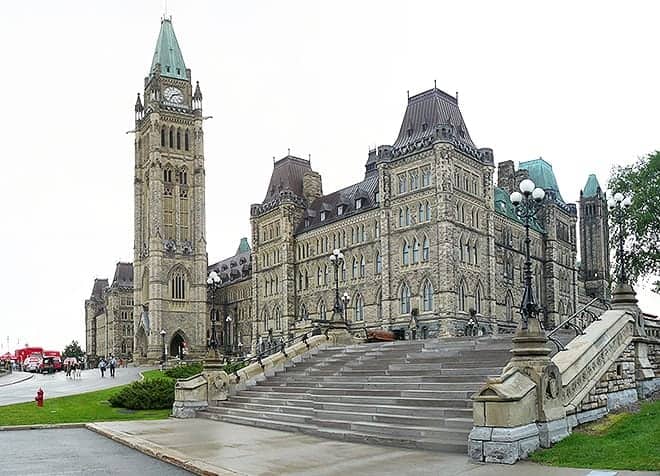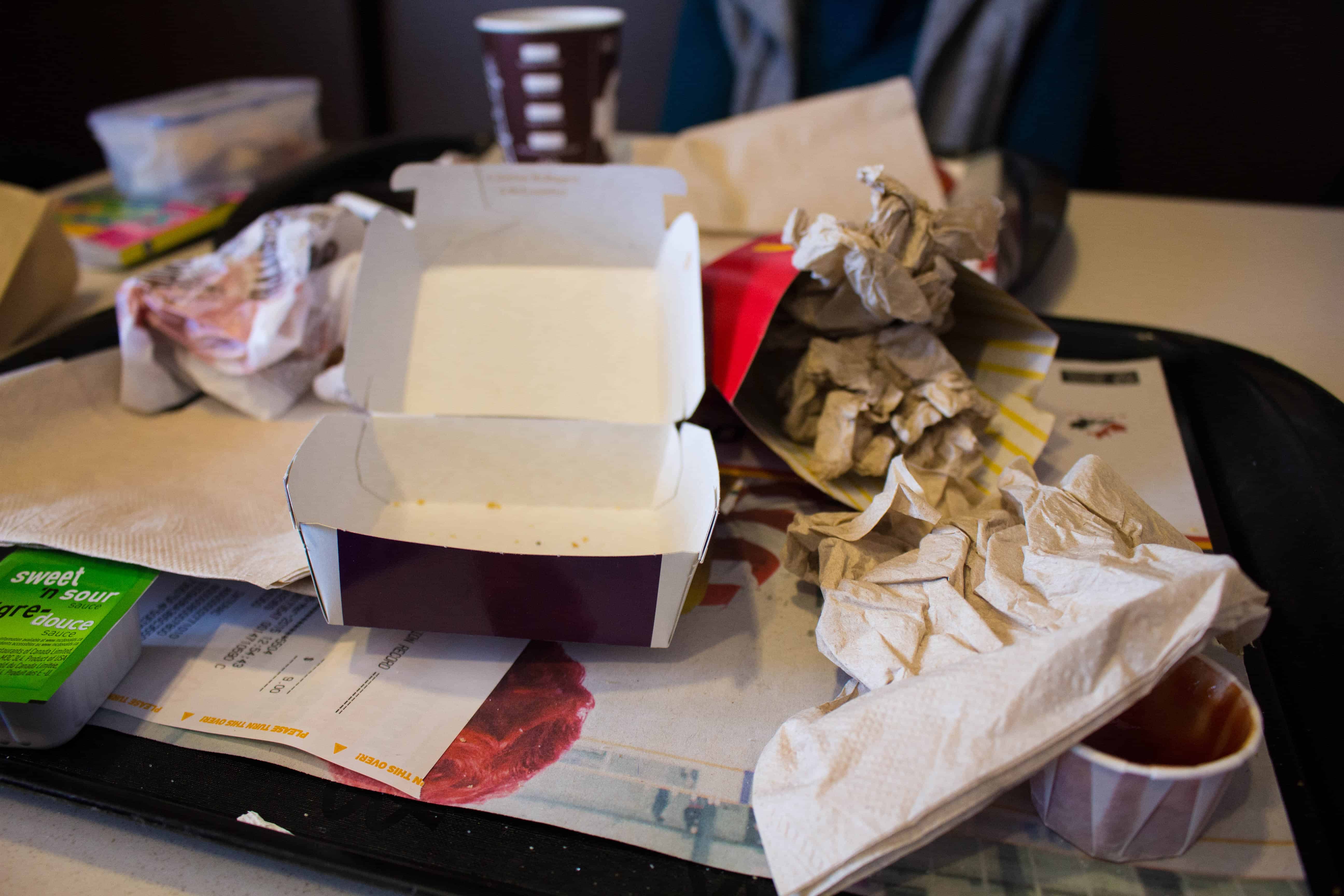Trudeau’s first budget draws praise, criticism

Canadians share the benefits, and the deficit
Justin Trudeau’s Liberal Party has released their first federal budget, tabled in the House of Commons on March 22, and it is divisive. While some are praising Trudeau’s federal support for infrastructure development, tax breaks for the middle class, and large allocations for First Nations communities, others are critical of the deficit, and claim that Trudeau is breaking the promises he was elected on.
Despite the deficit, Finance Minister Bill Morneau is projecting the budget to increase the GDP by 1.5 per cent over the next two years, and create 100,000 new jobs.
Vianne Timmons, U of R President and Vice-Chancellor, was quick to praise the new budget in a March 23 press release.
“The federal government has clearly signaled that it considers the post-secondary sector a high priority. The new $2 billion knowledge infrastructure fund, increased funding for granting councils, and increased support for students will help address important issues facing universities across the country.”
U of R administration is hoping that some of the promised federal infrastructure money finds its way to the College Avenue Campus renewal project, which Timmons describes as the U of R’s “number one capital priority.” In addition, Timmons is “hopeful that federal infrastructure funding can help address existing infrastructure issues.”
The new budget promises approximately $2.6 billion over the next five years toward First Nations education alone, with more earmarked for infrastructure improvements in First Nations communities, and other support structures. AFN Chief Perry Bellegarde referred to the budget as “historic,” but other First Nations leaders were critical, claiming the budget spread funding too thinly to create real change.
The largest issue with the tabled budget was the $29.4 billion deficit projected for the 2016/17 fiscal year. During the election in October, Trudeau campaigned on a promise to keep deficits below $10 billion, and to balance the budget within four years. With this new budget’s looming deficit, Trudeau’s critics are noting that he has broken his promise three times over.
Saskatchewan Premier Brad Wall noted his disappointment with the new federal budget, stating that he was hoping for more recognition of the economic downturn faced in Saskatchewan, Alberta, and Newfoundland and Labrador by the recent crash in the energy sector.
“I don’t think that speaks very well, frankly, of the federal government’s view of Western Canada,” Wall told reporters. “We were really hoping to see some unique recognition for our energy sector.”
“It doesn’t look like we’ll get anything greater than what would be our per capita share,” said Wall.
Interim Conservative leader Rona Ambrose was also quick to slam the budget in an official statement, calling the budget a “nightmare scenario” for Canadians, “who will be forced to pick up the tab for today’s Liberal spending spree.”
“This budget puts taxpayers on the hook for out of control Liberal spending that will lead to more waste and mismanagement,” says Ambrose, who also called the government’s plan to borrow $113 billion over five years “shocking.”
“When it comes to spending your money,” Ambrose said, “the Liberals just can’t help themselves.”










